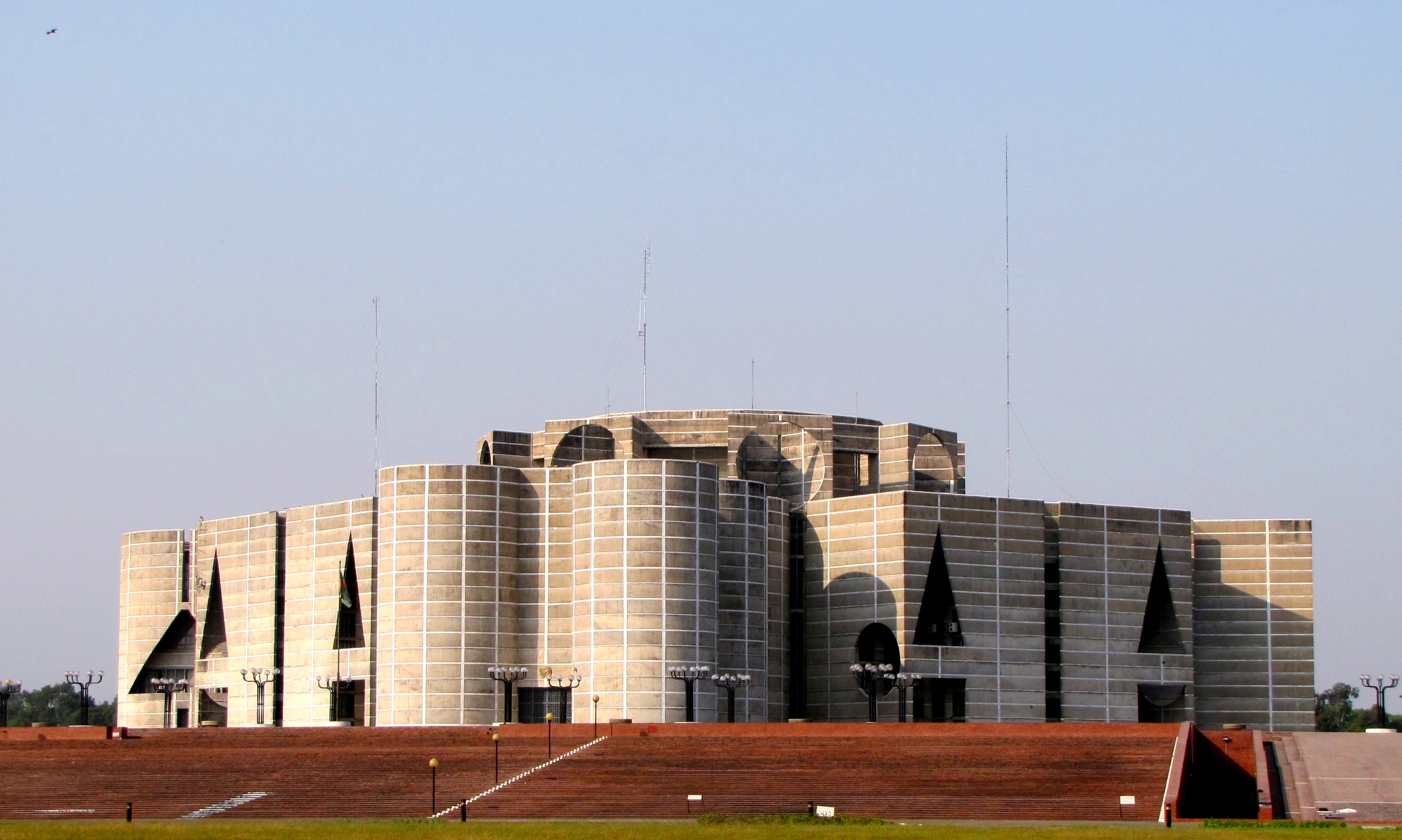The War in Ukraine: Bangladesh
The Politics of location and the question of national interest: The war in Ukraine and Bangladesh’s choices

The war in Ukraine has redefined the global strategic landscape, forcing countries to reconsider their strategies and short-term priorities in order to respond to a crisis that has reintroduced territorial conflict among state actors in the 21st century. This has tremendous geopolitical implications as well as impacts on the global food and energy supply chain. As the world faces a crisis of this magnitude, the West is now paying attention to the strategic choices of the rest of the world, particularly those of emerging voices. Bangladesh, in this context, emerges as a country whose choices must be laid out clearly.
In this article, I highlight Bangladesh’s geopolitical concerns and the way they shape Bangladesh’s foreign policy choices. Bangladesh shares the fifth-longest land boundary with India, which has its perks in Bangladesh’s politics. India cannot remain oblivious to the strategic priorities of a rising Bangladesh, the latter being the second largest economy in South Asia, with the highest per capita GDP, several other actors waiting to make themselves visible. To Bangladesh, the repatriation of the Rohingyas, an internal issue of Myanmar's but imposed upon Bangladesh, is of the utmost importance. Bangladesh wants the international community to ensure the safe and sustainable repatriation of the Rohingyas.
This article also discusses Bangladesh’s economic success as well as challenges certain to arise from the war in Ukraine. The conflict has created new concerns for Bangladesh in terms of food and energy security, even though it was one of the few nations to successfully tackle hunger during the pandemic; however the global rise in food grain prices stemming from the conflict has curtailed Bangladesh's ability to spend. In the area of energy, experts have pointed out that the challenges Bangladesh experiences are unconnected to the war and instead a result of delayed domestic response to the growing demand for energy in the country, coinciding with the conflict.
Unpredictable as ever, international politics is in a state of transition in the 21st century, old relationships being tested even as new ones are formed. The difference now is that countries of Asia, Africa and Latin America are no longer content to stay in the shadows, preferring instead to take an overt position in a bid to maintain an equal distance from the West and from Russia. An approach Bangladesh shares, always having maintained friendly relations with all countries of the world, following its foreign policy dictum—"friendship to all, malice to none". Bangladesh’s goal is the development of its people, best served following its principle of ‘growth without enmity’. Like all countries in the anarchic international system, Bangladesh is well advised to put its national interests first. Bangladesh's priorities lie in ensuring the development of the country (a long-term goal), repatriation of the Rohingyas in a sustainable manner and maintaining a positive outlook in its foreign affairs.
Read the full paper here:
-

As the world faces a crisis of this magnitude, the West is now paying attention to the strategic choices of the rest of the world, particularly those of emerging voices. Bangladesh, in this context, emerges as a country whose choices must be laid out clearly.
